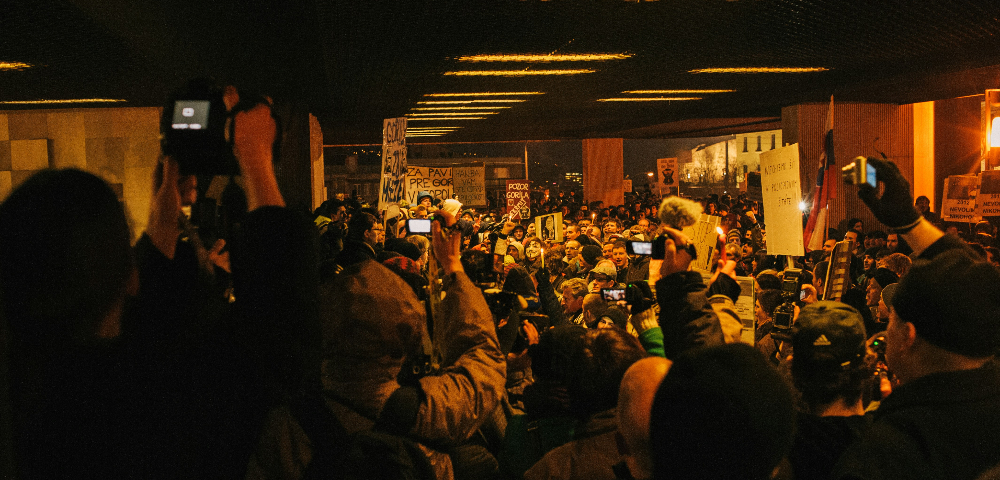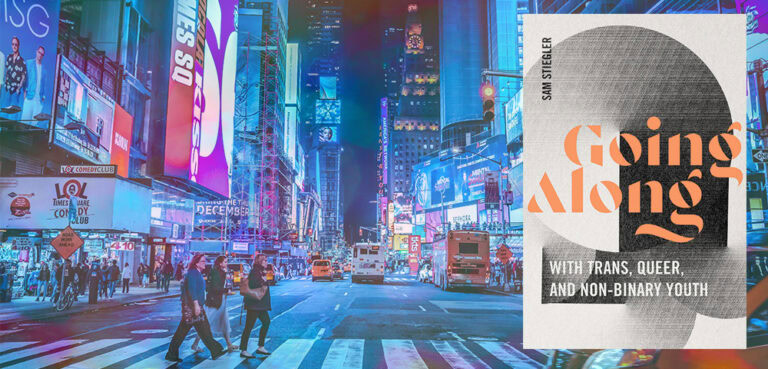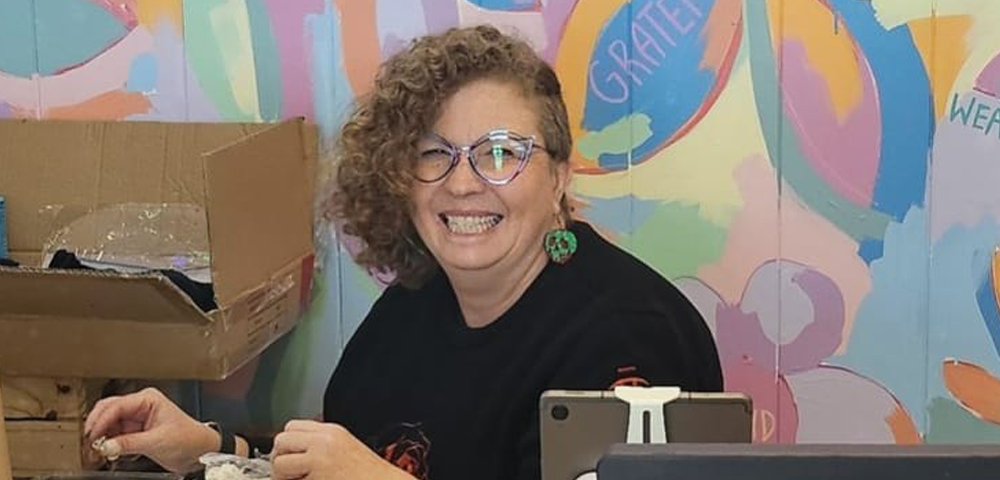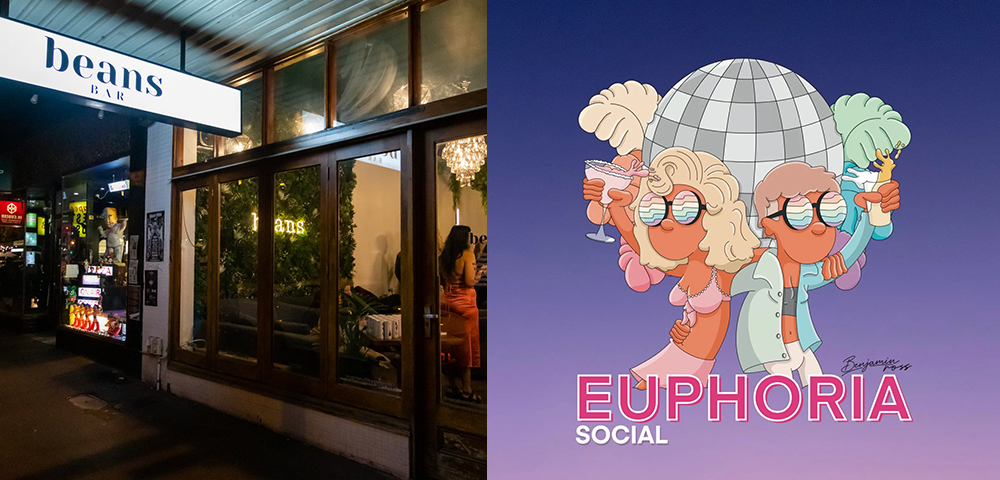
Indonesia’s New Law Could Censor Investigative Journalism, LGBT Content

Indonesia’s parliament is proposing changes to its broadcast law that would ban investigative journalism and LGBT content.
The proposed revisions have sparked criticism from journalists and filmmakers over the restrictions on press freedom.
Indonesia’s broadcast law dates back to 2002, with proposed revisions introduced in 2020. Lawmakers from the House of Representatives Commission I, responsible for overseeing communications and information, defence, intelligence, and foreign affairs, finalised the draft in October last year.
Critics of the bill argue that it undermines media independence and includes restrictions on broadcasts featuring “exclusive investigative journalism”. They argue that such constraints would hinder public access to crucial information, threatening democracy by compromising transparency and government accountability.
Amendments Targeting LGBTQIA+ Content
Furthermore, the amended Broadcasting Bill encompasses measures that would limit the airing of content related to LGBTQIA+ people, as well as certain “professions or figures with negative lifestyles.”
Harsh penalties have been proposed for violations, ranging from written warnings to the cancellation of broadcasting licences.
The bill suggests involving the Indonesian Press Commission in consultation with parliament during the drafting of new broadcasting regulations, despite the commission’s recognised independence as an oversight body.
Indonesia’s Press Council, established in 1968 with the aim to support the government in fostering the growth and advancement of the national press, expressed concern that the revised bill would diminish its authority.
Nani Afrida, Chairperson of AJI, emphasised that the bill’s primary goal is to limit investigative journalism, a crucial aspect of a free press. She pointed out that by restricting journalists’ ability to conduct and broadcast investigative work, the government is essentially attempting to silence critical voices and reduce public oversight.
Governmental Restriction on Investigative Journalism
The AJI made a public statement addressing critical points of the proposed Broadcasting Law:
“First, the ban on exclusive broadcasting of journalism is a manifestation of the government’s reluctance to make improvements to state administration. Instead of utilising exclusive investigative journalistic products as a means of checks and balances for the continuity of state life, the government has chosen to close this information channel.
“Second, the prohibition on the broadcast of broadcast content and broadcast content that presents lesbian, homosexual, bisexual and transgender behaviour is a form of discrimination against LGBTQ+ groups, which can further narrow spaces for expression and thus perpetuate a non-inclusive culture in journalistic work”, the AJI said.
In Indonesia, same-sex couples lack legal protections granted to heterosexual married couples. There is no current legislation safeguarding LGBTQ+ individuals from discrimination or hate crimes. Also, in Aceh, governed by Islamic Sharia law, homosexuality is illegal, punishable by flogging or imprisonment.
If approved, the proposed revisions would extend to all content aired in Indonesia, including online streaming platforms. Such adjustments have prompted concerns about potential censorship of investigative journalism and further restrictions on LGBT rights.









